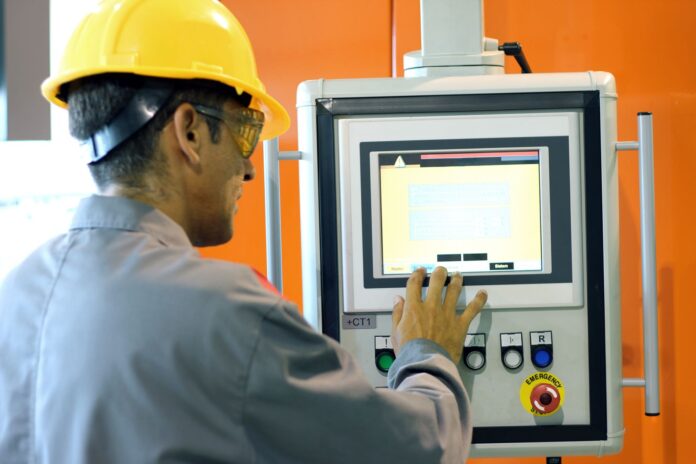Smart factory, smart manufacturing describe the vision of what industrial production will look like in the years to come
In a smart factory, the manufacturing process will certainly be more intelligent, dynamic and flexible compared to current models. The smart factory concept means the industrial or manufacturing processes will be organized in a different way compared to the traditional standards. In the era of intelligent manufacturing, the entire production chain, including suppliers, logistics and product life cycle management will be connected across corporate boundaries.
In the factory of the future, all individual steps included in the production process will be fully connected and integrated. Some of the processes to be impacted are factory and production planning, logistics product development, enterprise resource planning and manufacturing execution systems. Also, in a smart factory, the plant machinery and equipment will enable the improvement of the production process through self optimization and autonomous decision making.
To achieve this, future smart factories will feature an interconnected combination of intelligent production technologies with the latest information and communication technologies. The smart factory will also feature digitally integrated engineering and horizontal integration, which will span the entire value chain of the manufacturing process. It will also offer vertical integration and connectivity across all levels of production.
The implementation of communications technology will enable smart factories to transfer huge amounts of data in real time and with minimum delays; connect a large number of personal devices with high data security standards; implement several wireless technologies to be used within the facility; and support remote connectivity. Smart factories will also use sensors, which will offer flexibility in production by enabling remote and dynamic adjustments. These sensors will free personnel from making the adjustments at each manufacturing work station. Interconnecting these devices reliably with higher-level control systems will be crucial for smart factories. Machine-to-machine data communication will also improve equipment utilization, and industrial Ethernet and radio interfaces are gradually being adopted as a supplementary communication method to wired networks.
Many ICT solutions providers are announcing innovations and deployments to pave the way for the implementation of smart factory projects. A clear example is an announcement made by Huawei during the 2016 CeBIT trade show, which took place in Hanover, Germany. The firm, in association with German provider of robotics technology KUKA, signed a memorandum of understanding to develop smart manufacturing solutions for industrial markets in China and Europe. Huawei and KUKA announced they will collaborate in the areas of cloud computing, big data, mobile technology and industrial robots to help manufacturing customers transform and embrace smart manufacturing. The two companies will focus on research and development activities including the use of small cell “Internet of Things,” wireless and “5G” networks, as well as big data solutions in manufacturing and factory environments.
Huawei, in line with most of the largest ICT solutions providers, believes smart manufacturing is evolving rapidly, mainly fueled by intelligent, interconnected systems and this is disrupting the way manufacturing businesses use robots throughout their entire production systems. In this new manufacturing era, robots will play an increasingly important role in helping manufacturing businesses remain agile and drive growth.
In Germany, government and industry has defined a plan for smart factory development with the Industrie 4.0 program, part of the German government’s overall technology strategy, emphasizing a transition to smart manufacturing as a hallmark of the “fourth Industrial Revolution.”
In support of the move, IoT and M2M network provider Sigfox is investing heavily in a number of markets, including Germany and the United States. The French-based company says its network currently supports more than 7 million devices.
“Germany is a very important market for Sigfox and our commitment to deploy a national network reflects this,” said Stuart Lodge, EVP for global sales and partners at Sigfox. “Sigfox is building a strong ecosystem of partners across the IoT value chain and Germany has many market-leading companies whose influence extends worldwide.”
Sigfox provides network access, services and support via a subscription model. According to the company, “this means that businesses providing IoT devices and services across borders can offer their customers a single contract for international coverage.”

